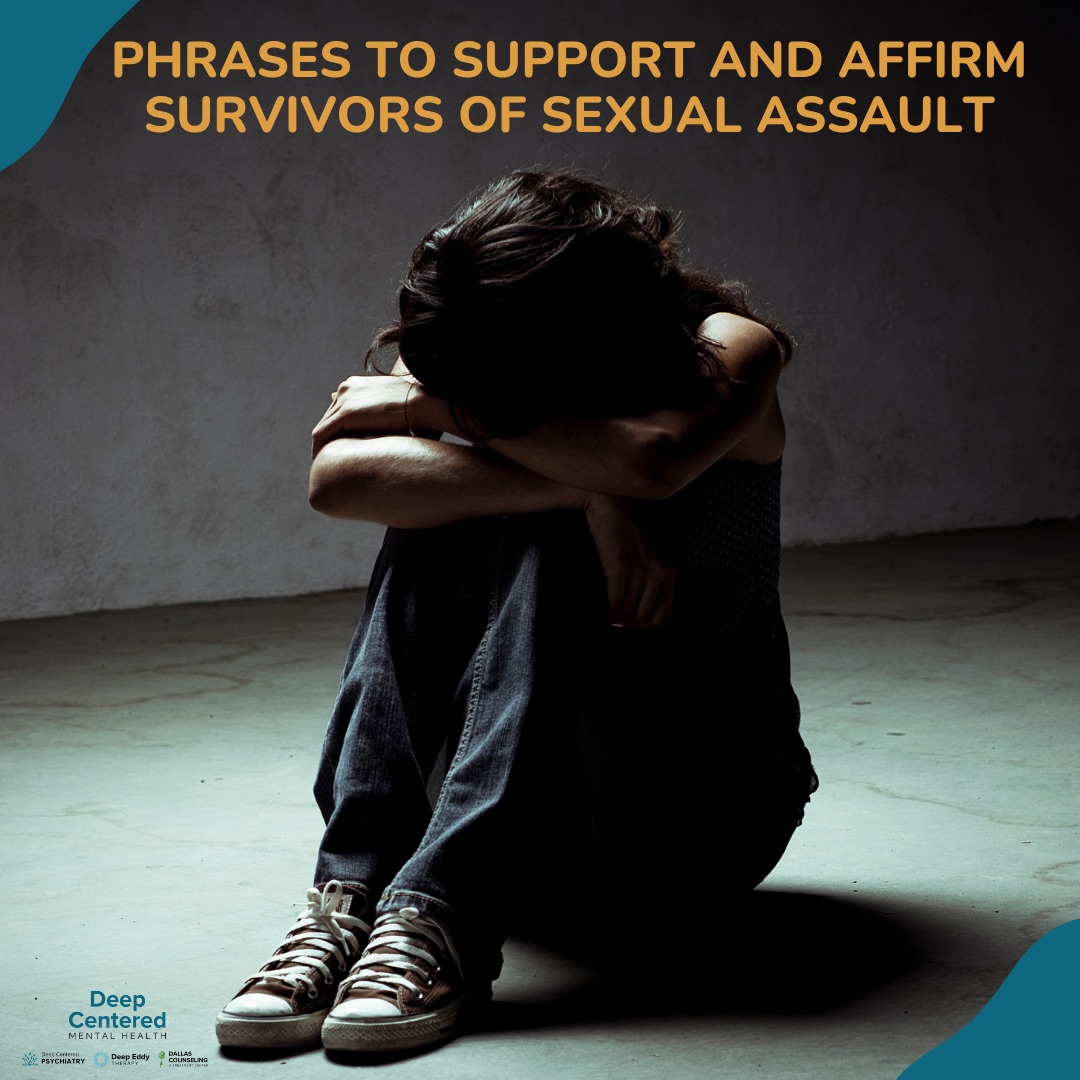April is Sexual Assault Awareness Month, a time to honor survivors, raise awareness, and promote safe, respectful communities. One of the most powerful things you can do is show up for someone who has experienced sexual assault. But in moments that feel overwhelming or painful, it can be hard to know what to say or how to say it.
This guide is here to help you lead with empathy, listen without judgment, and avoid common pitfalls when supporting someone who has experienced sexual violence.
1. Start by Believing
Say:
- “I believe you.”
- “Thank you for telling me.”
- “What happened is not your fault.”
Why it matters: Survivors often fear they won’t be believed. Affirming their truth helps restore a sense of agency and safety.
2. Follow Their Lead
Say:
- “Do you want to talk about it?”
- “I’m here to listen, if and when you’re ready.”
- “What do you need right now?”
Why it matters: Sexual assault can strip someone of control. Empowering them to decide what they share and what comes next is vital.
3. Offer Support, Not Solutions
Say:
- “I care about you and I’m here for you.”
- “You don’t have to go through this alone.”
Avoid saying:
- “You should report this.”
- “Why didn’t you fight back?”
- “At least…” (e.g., “At least it wasn’t worse.”)
Why it matters: While intentions may be good, unsolicited advice or minimizing language can be harmful. Focus on being present, not prescriptive.
4. Respect Their Boundaries
Say:
- “Is it okay if I check in with you later?”
- “I can help you find resources if you want.”
Why it matters: Even well-meaning actions can feel invasive. Let them guide how and when they want support.
5. Know the Resources But Don’t Push Them
It’s helpful to be aware of local or national resources. If the person is open to it, you might gently offer:
- RAINN National Sexual Assault Hotline: 800-656-HOPE (4673) | www.rainn.org
- www.deepeddypsychotherapy.com/contact
Final Thoughts
There’s no perfect script for these moments. What matters most is compassion without condition. Survivors don’t need us to be experts; they need us to be safe, steady, and human.

